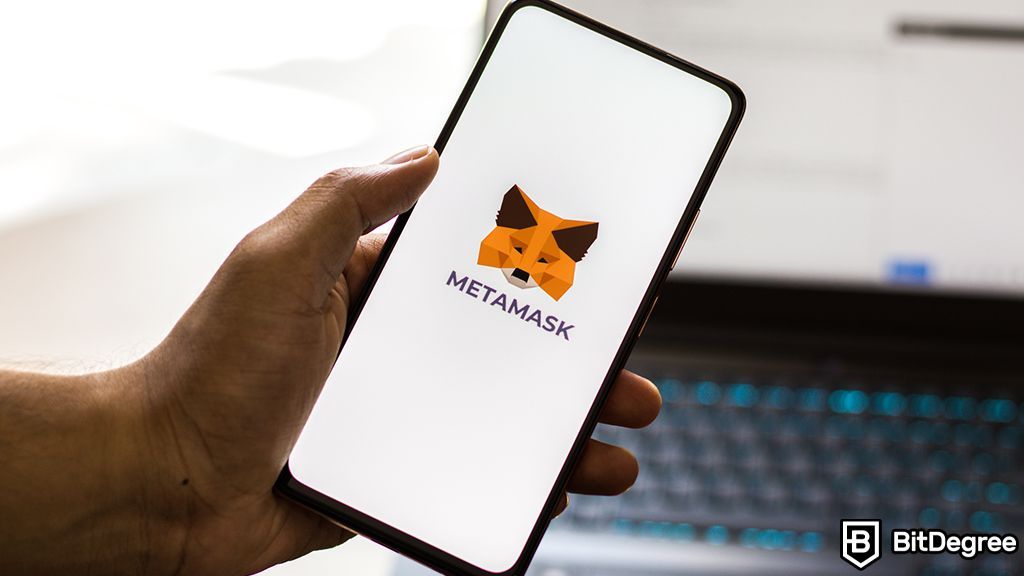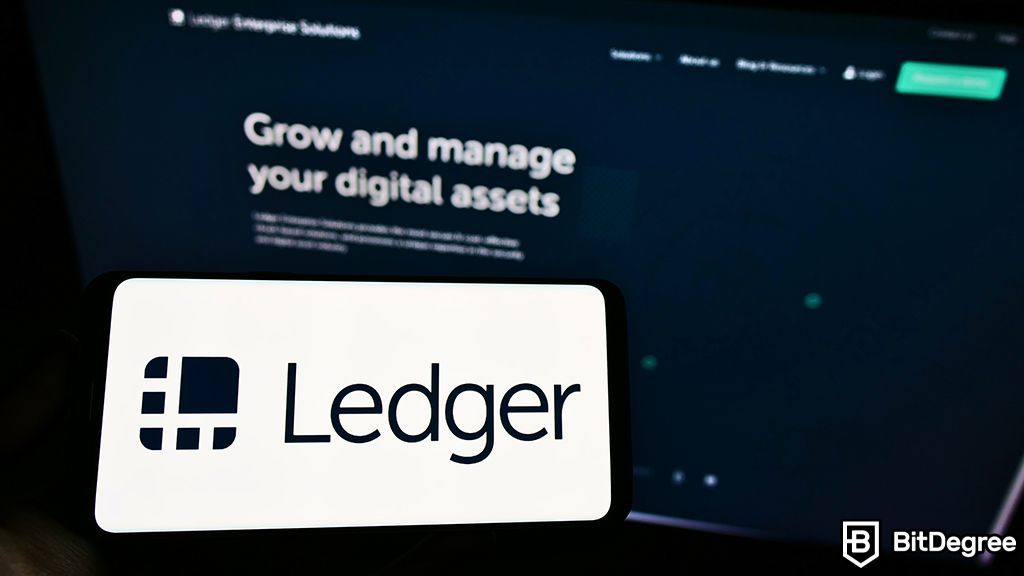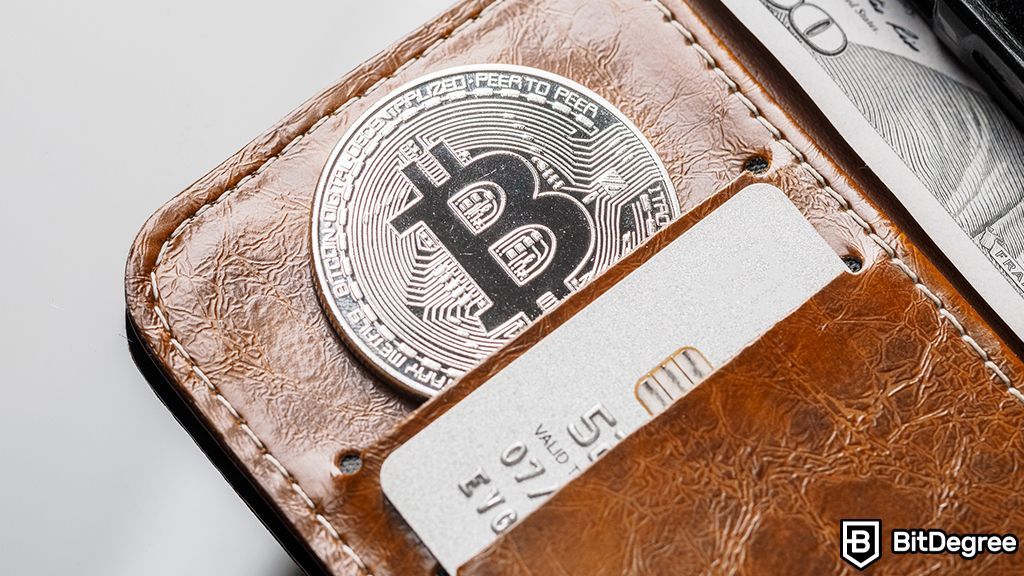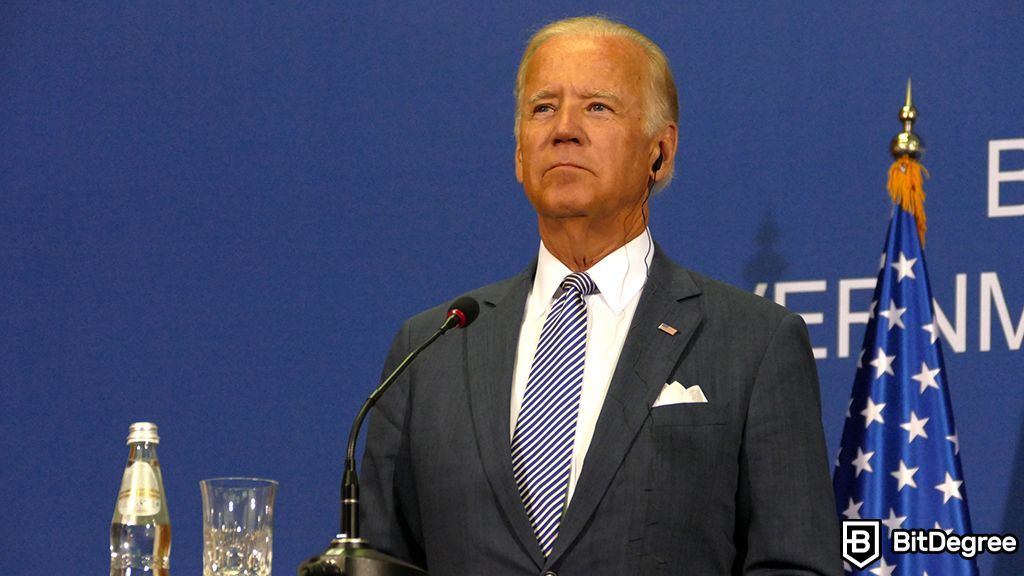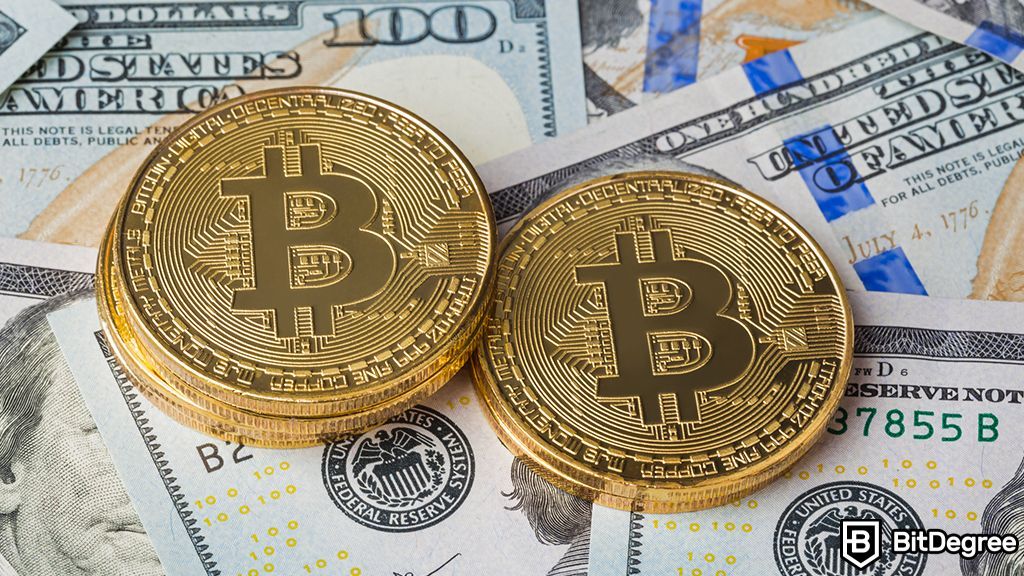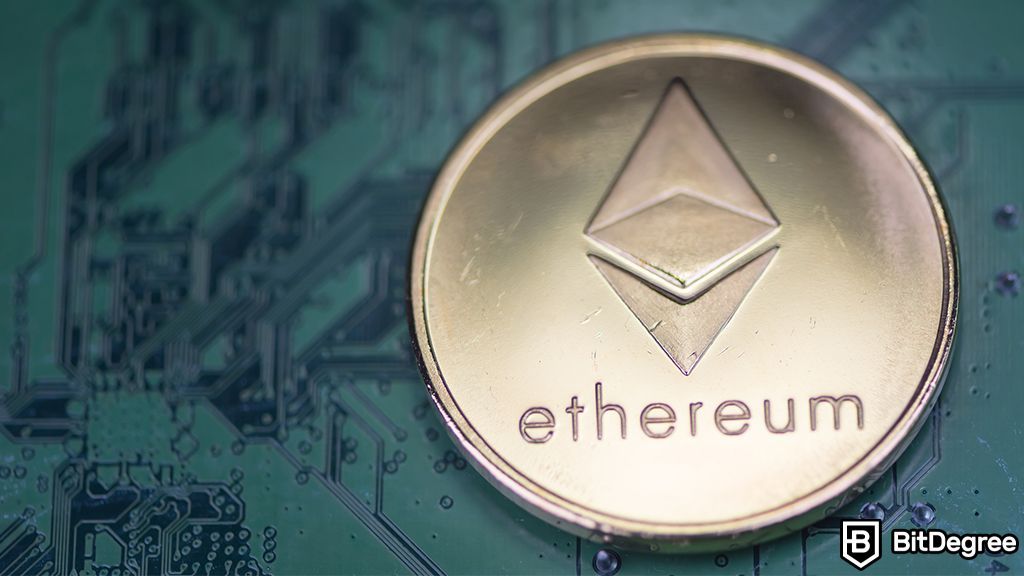The day is finally here for those awaiting the mass rollout of the Robinhood self-custody wallet.
Robinhood, a California-based firm that facilitates commission-free trades of stocks, exchange-traded funds, and cryptocurrencies, has launched its wallet on Apple’s App Store.
The beta version of the Robinhood self-custody crypto wallet was initially rolled out in September 2022. It was available to only 10,000 users and offered zero network fees for swapping Polygon tokens. In January, the Web3 wallet was rolled out to more than a million users on the wallet’s waitlist.

Did you know?
Want to get smarter & wealthier with crypto?
Subscribe - We publish new crypto explainer videos every week!
What is an NFT? (Explained with Animations)


On March 1st, the wallet became accessible to all iOS device users in any country around the world. At the end of the year, Robinhood plans to launch an Android version of the wallet.
Initially, the beta version only supported Polygon (MATIC) but has now expanded its list of support crypto. Robinhood wallet now supports Ether (ETH), along with over 50 ERC-20 tokens like Solana (SOL), SHIBA INU (SHIB), USD Coin (USDC), and many others.
In a blog post announcing the launch, the Robinhood Crypto General Manager, Johann Kerbat, said:
We remain committed to our mission to make Robinhood the most trusted, lowest cost, and the easiest-to-use on-ramp to crypto.
Besides crypto, the Robinhood wallet allows users to hold Ethereum and Polygon-based NFTs. It also gives them access to dApps like Balancer, Uniswap, and KyberSwap. Robinhood intends to maintain zero network fees for Polygon-based transactions.
To secure the wallet, customers need to use Touch ID/FaceID or a PIN to access the app each time. Additionally, users must generate and securely store a recovery phrase.
However, it has not all been smooth sailing for Robinhood. At the end of February, Robinhood revealed that it had received a subpoena from the US SEC for its crypto dealings. They are also facing major competition in their niche after Wealthfront launched a rival stock trading platform where users can invest as little as $1.




